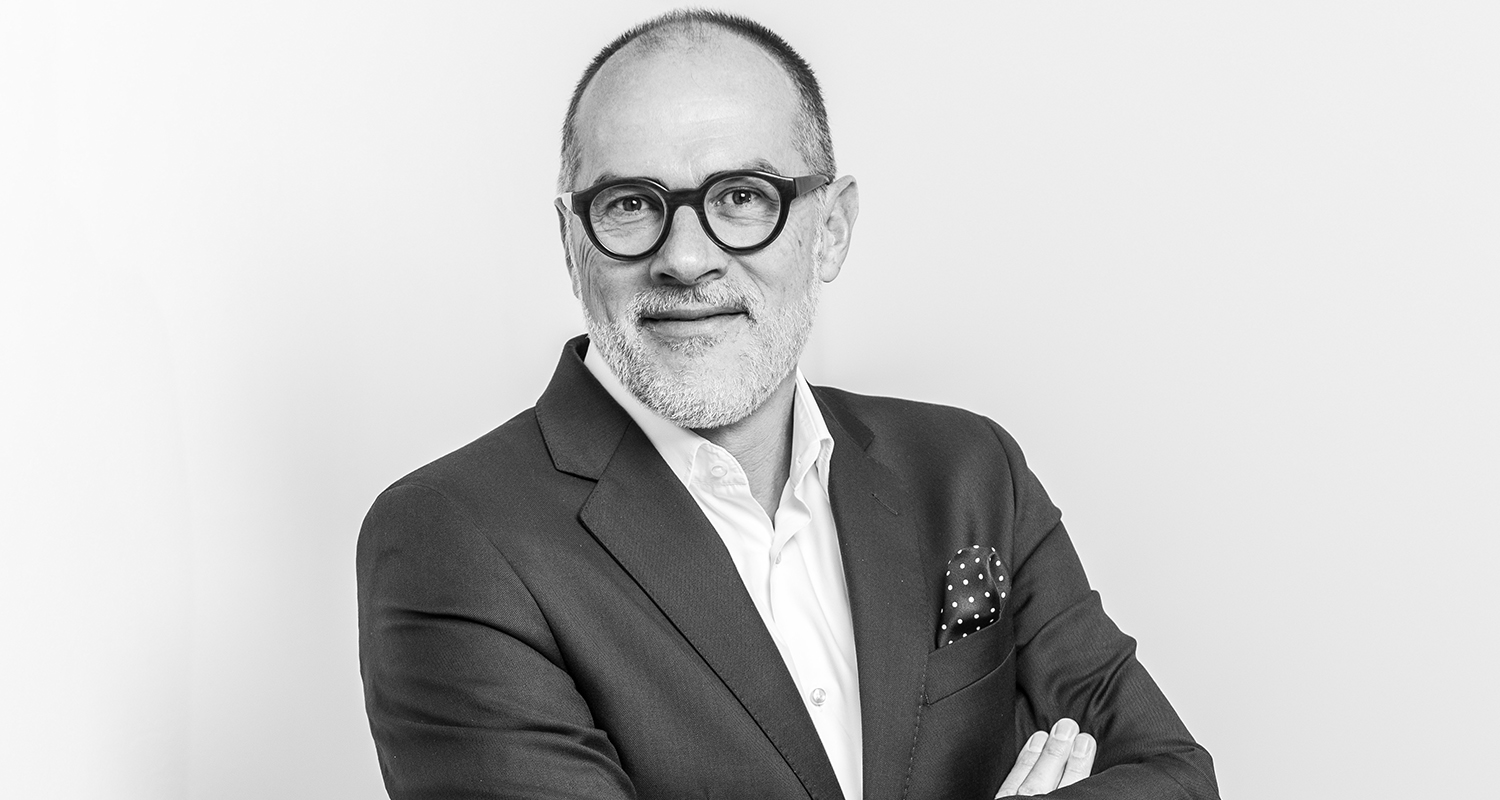
The tourism expert: Jürg Schmid
Travel is a basic human need. Trend researcher and tourism expert Jürg Schmid is convinced of this. In this interview, he talks about the future of travel.
January 20, 2022
In addition to your numerous activities, you are also president of the Graubünden Tourism Organization and head of the luxury hotel group "The Living Circle"; in other words, a first-hand expert. Where do you think the tourism industry is headed?
It is a journey with an unknown destination. We live in a time when a three-month forecast is already considered bold and long-term. One thing seems clear to me: we will travel again. Travel is a basic human need. After crises, the domestic market always recovers first, followed by earthbound travel, i.e. by train or car; then the familiar local markets, and only then do the long-distance markets and the convention business recover. It therefore seems highly likely that the lean period for city and congress tourism in particular is still long.
What major changes do you think the tourism industry will face in the near future? And will digitalization play a major role in this?
The normalists say that everything will go back to the way it was before, that our species is too incapable of learning. The direction changers declare that we are at the beginning of a phase of fundamental change. It is interesting to note that both schools of thought expect some of the same changes: a considerable proportion of international business trips and seminars will be shifted to digital platforms, congresses are likely to become smaller and experience new hybrid combinations. The pandemic has also brought home to us the importance of nature. After the virus, Greta Thunberg is coming back. More and more consumers will demand more sustainable and responsible travel. People will still take long-distance trips, but more consciously, less often, and with longer stays.
How do you assess people's future travel behavior? What travel trends are emerging? And do you think the trend toward domestic vacations will remain?
Proximity has taken on a new meaning. Something sticks. Nahreisen and thus the appreciation of landscape quality will benefit from increased demand in the long term. First, however, there is likely to be a post-Corona travel euphoria. As much as people love their own country, they felt confined. We all just want to get out again.
On your homepage you promise: "We think in terms of guest flows and experience marketing." How do guest flows think? And are there any regional or cultural differences here?
There is no such thing as the typical traveler. And travelers can no longer be categorized into classic age segments. Every location and every hotel must know the specific travel motives of its guests and align itself accordingly. This is how effective guest targeting works. We identify these guest flows for our customers and address them precisely through digital communication.
What must a country, a region, a place or a tourism business offer guests in order to continue to meet their wishes and needs?
One thing is unchanged: Guests want to encounter quality and an offer that easily exceeds their expectations. Guests want an experience, an experience. So it's important to offer moments with experience potential; simply because they are experiences that lead to memories. And memories are the foundation of customer loyalty. The "Castello del Sole" hotel in Ticino offers a candlelight dinner in the middle of a rice paddy, organizes fly-fishing courses for beginners, or lets guests help with the grape harvest. These are moments with experience potential.
Do you think that mass tourism will die out and that the slogan "quality before quantity" will also apply here?
I sincerely hope so. However, the realities of the growth of the world population, the increasing middle class with travel budgets in China or India, and also the economic importance of tourism make me fear otherwise. However, the size of travel groups is likely to change for some time to come. The trend toward individual and small group travel is experiencing a pandemic acceleration.
Do you think that the tourism industry in the Alpine region should strive for a new strategic direction?
The Alpine region must free itself from winter dependency - simply because the climate reality leads to shorter seasons and demographic change to fewer skiers. To win the summer and gentler forms of movement must be the goal! This winter has shown it: Winter hiking, snowshoeing and cross-country skiing have increased disproportionately.
How do you assess the future of Alpine tourism? Is mountain sports experiencing a new hype?
Hiking is sexy and cruises are currently completely unpopular. The proximity to major centers, the longing for nature - many basic factors speak for a solid future of Alpine tourism. I am convinced that nature-based experiences will grow strongly. Going out with the gamekeeper at sunrise and discovering the ibex or simply learning more about fauna and flora: Such personal and individual experiences are the future paths of alpine tourism. Recently, however, people have also been working at the resort, and the separation between the worlds of work and leisure is dissolving. "Workation" will bring a new tourist boom segment to rural regions.
Hiking is sexy! Major fashion brands are also convinced of this and have recently started carrying exciting outdoor gear, such as Gucci. ©Pexels/Ben Maxwell
Finally, can you give us some concrete examples of how you have served individual customers or what successful concepts your agency has already implemented?
Tourism destinations recognize the need to adapt to the new reality. We are currently accompanying many destinations through the strategy renewal process. Another passion project is the development of new seminar infrastructures and formats for a client. After all, we have all experienced the limitations of video tools - empathy became a foreign word. Creativity, teambuilding and strategy seminars are about to boom. Infrastructures with inspiration potential and the ability to combine indoor and outdoor are in demand.
 Fishing is in vogue - smart hotels offer suitable courses, something the hotel "Castello del Sole" in Ticino. ©Pexels/Taryn Elliott
Fishing is in vogue - smart hotels offer suitable courses, something the hotel "Castello del Sole" in Ticino. ©Pexels/Taryn Elliott
Jürg Schmid
- Hobbyhorse
As an independent entrepreneur, Schmid runs the marketing and communications agency Schmid, Pelli & Partner AG, based in Zurich. schmidpellipartner.ch
- Past
From 1999 to 2017, he was Director of Switzerland Tourism. The worldwide positioning and marketing of Switzerland as a vacation, travel and congress destination was his core responsibility.
- New projects
As Chairman of the Board of Directors of "The Living Circle", Schmid is responsible for the five-star hotels "Storchen Zurich" and "Castello del Sole" in Ascona, among others. The luxury hotel collection was founded in spring 2017.
- Flagship
In addition to these activities, he is also responsible for the vacation region of Graubünden with the tourist flagship St. Moritz.
- Private
Jürg Schmid is married and has three children. He enjoys spending his vacations in Lenzerheide, among other places.
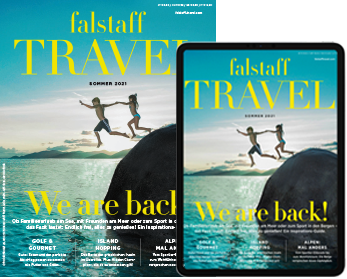
This article appeared in the Falstaff TRAVEL issue Summer 2021.
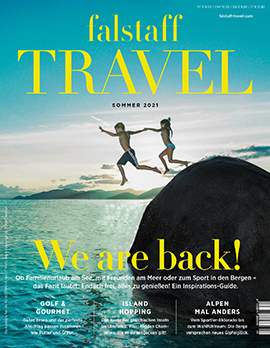
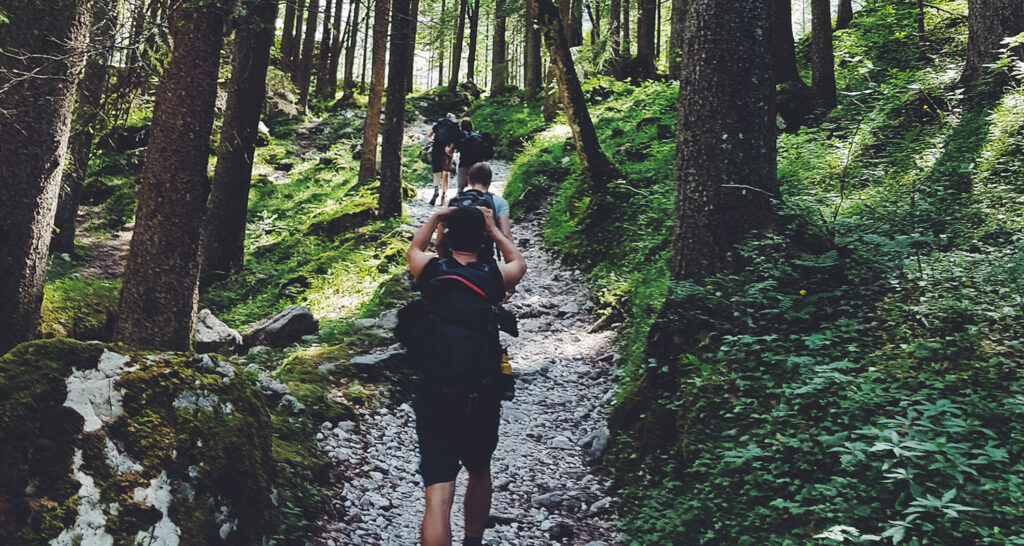
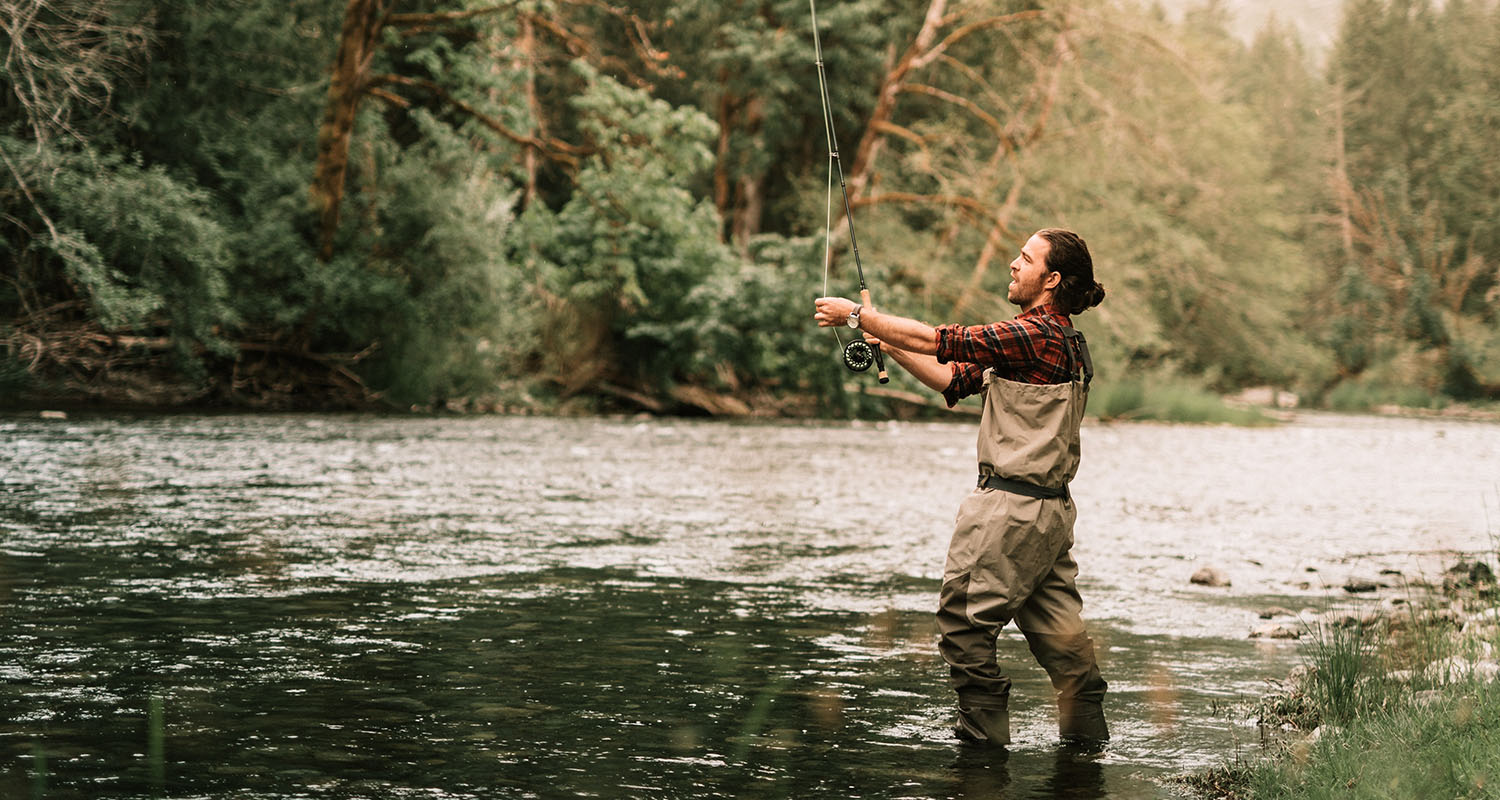 Fishing is in vogue - smart hotels offer suitable courses, something the hotel "Castello del Sole" in Ticino. ©Pexels/Taryn Elliott
Fishing is in vogue - smart hotels offer suitable courses, something the hotel "Castello del Sole" in Ticino. ©Pexels/Taryn Elliott